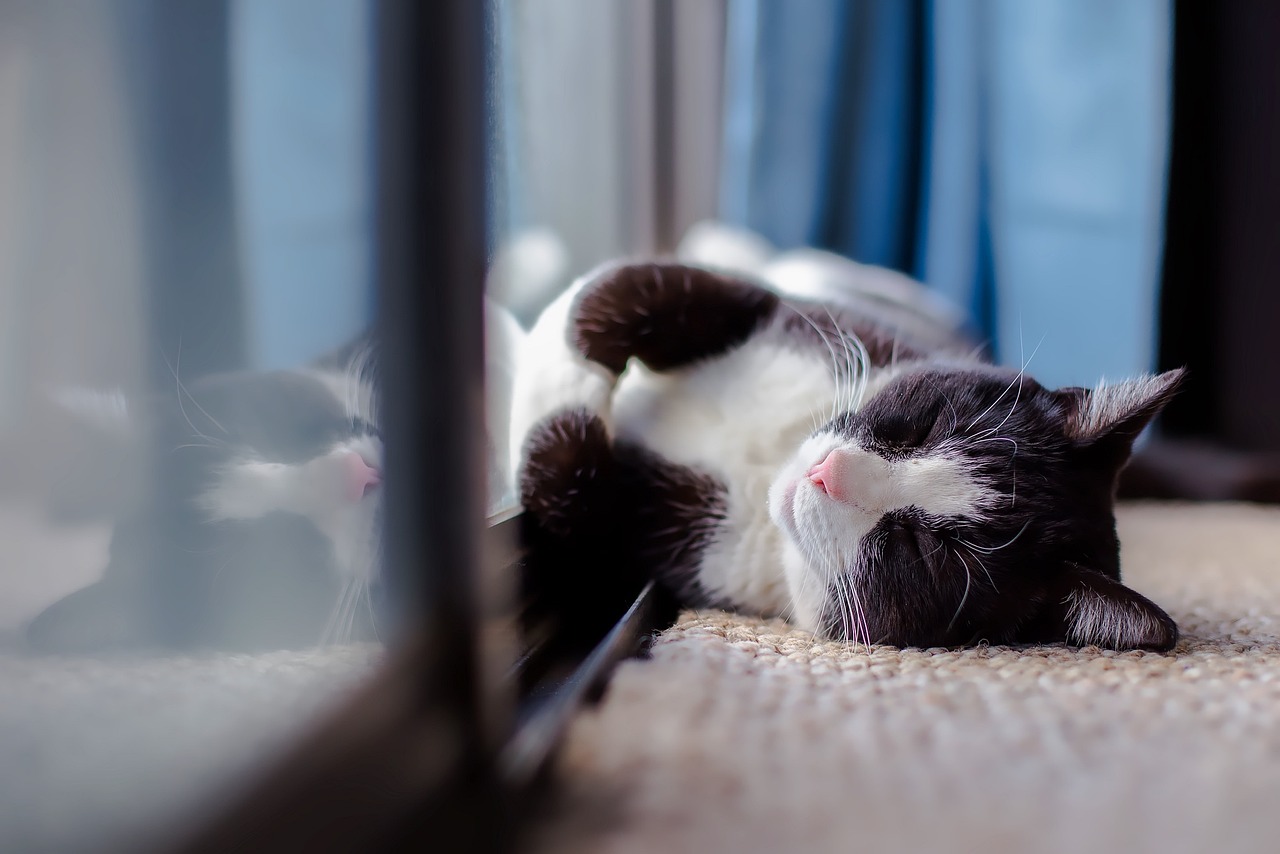Cats, known for their independence and ability to take care of themselves, are pets that can adapt quite well to short periods of solitude. However, the amount of time a cat can spend alone varies depending on several factors, including its age, personality, health and environment. Cats are very independent animals, but they still need companionship and attention. This means it is important to know how long you can leave a cat alone before it becomes bored or lonely.
Factors to consider before leaving a cat alone
Cat’s age: Kittens, especially under four months old, require more attention and care. It is not advisable to leave a kitten alone for long periods, as they need regular feeding and companionship for their social and emotional development.
Personality and sociability: Some cats are more independent than others. Some enjoy their time alone, while others may feel anxious or stressed if separated from their owners for long periods of time.
Cat health: Cats with special medical needs, chronic health conditions or requiring medication must receive appropriate care and supervision, which may affect the time they can spend alone.
Environment and enrichment: An enriched environment with toys, scratching posts and places to explore can help cats stay entertained while alone. In addition, leaving soft music or the television on can provide auditory companionship.
General recommendations
- Short periods: In general, most healthy adult cats can be left alone for approximately 24 to 48 hours if they have access to fresh water and sufficient food. However, this should not be a common practice and it is recommended to limit this time as much as possible.
- Regular visits: If you plan to be away for a longer period of time, it is advisable to ask a friend, family member or hire a pet sitter to visit your cat. These visits can provide additional feeding, litter box cleaning and, most importantly, companionship and attention.
- Automation and devices: Automatic feeders and water fountains can help ensure that your cat has access to fresh food and water even when you are away. Some owners opt for security cameras connected to their phones to check on their pets and reassure themselves about their well-being.
- Training and adaptation: If you know you will be away regularly, training your cat for solitude can be beneficial. Gradually introduce short periods of time alone to accustom them to separation and reward their good behavior upon return.
Conclusions
Ultimately, the amount of time you can leave your cat alone depends on several factors. It is crucial to assess your pet’s individual needs and provide appropriate care and attention to ensure his or her emotional and physical well-being. It is always advisable to look for alternatives to ensure that your cat receives adequate care in your absence.
Image courtesy of https://pixabay.com, all rights reserved.








